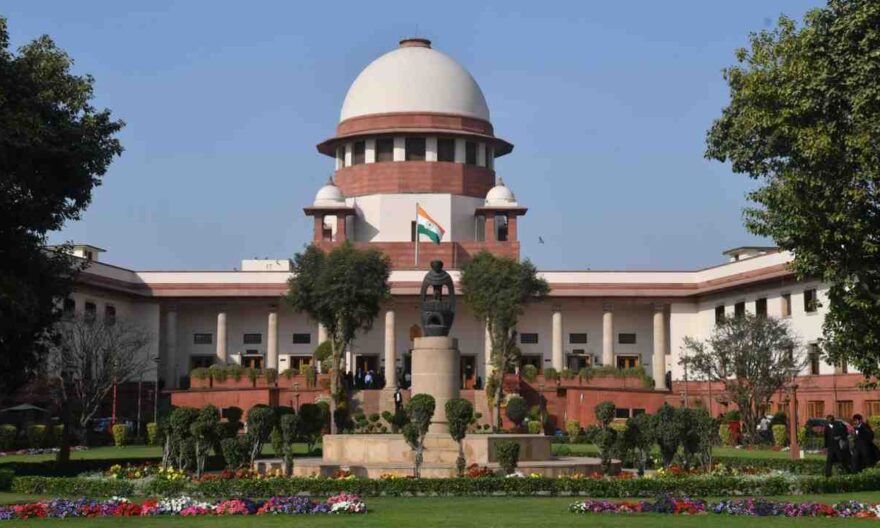
The Supreme Court on Friday held that children born from “void or voidable” marriages are considered legitimate and have rights to their parents’ properties under Hindu Succession law.
In Hindu law, a void marriage does not establish the status of husband and wife, whereas a voidable marriage does. In a void marriage, no decree of nullity is required for annulment, while in a voidable marriage, a decree of nullity is necessary.
A three-judge bench led by Chief Justice of India DY Chandrachud was hearing a plea from 2011, addressing the complex legal issue of whether children born out of wedlock were entitled to a share in their parents’ ancestral property under Hindu laws.
The bench stated, “We have now formulated the conclusion: 1. A child of a marriage that is null and void is legally considered legitimate. 2. In terms of Section 16(2) of the Hindu Marriage Act, where a voidable marriage is annulled, a child conceived before the decree is deemed legitimate.”
The court further emphasized that equal rights have been granted to daughters in a similar manner. The Apex Court’s decision clarified whether such children’s shares are limited solely to their parents’ self-acquired property under Section 16(3) of the Hindu Marriage Act.
These questions had been referred to a larger bench by a two-judge bench of the Supreme Court on March 31, 2011.




